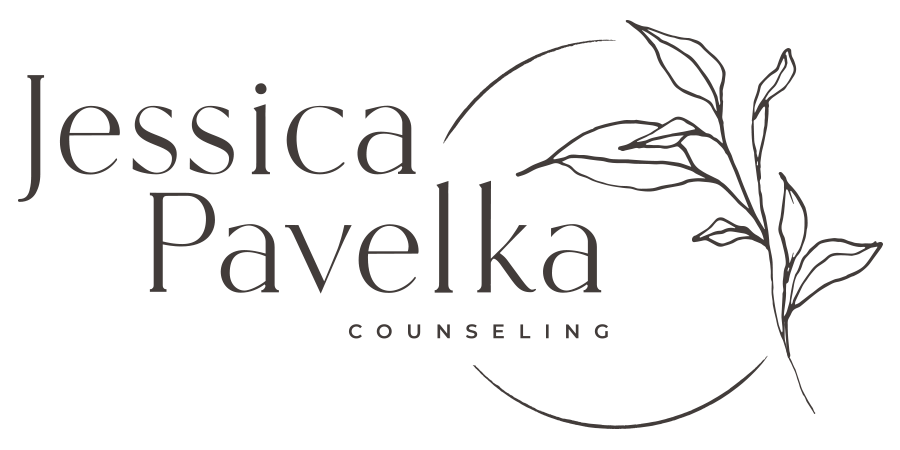Yoga for Anxiety: The Top 4 Benefits
Anxiety disorders are the most common mental illness in the United States, affecting approximately 40 million adults (18.1%) age 18 and older every year [1].
As an experienced holistic therapist and cognitive behavioral therapy counselor in Philadelphia, people often ask me if yoga will help with their anxiety. And my answer to this question is: Yes.
Several factors seem to contribute to yoga’s helpfulness with anxiety and stress. In my own experience and with the people I have treated, the following are some of the ways that yoga can help ease anxiety and lower stress:
Yoga can help interrupt worry.
We’ve all experienced getting stuck in our own heads and in a constant loop of worrying. However, a chronic state of worry can be exhausting – emotionally, mentally, and physically. When we step onto the yoga mat, we have the opportunity to step out of this loop. Of course, our worries can still come with us, but yoga gives us the chance to practice letting go of those worries. Instead, yoga can help us concentrate on our bodies and our breathing; it helps us focus on the here and now instead of constantly worrying. Yoga is more than just meditation. It’s a way to focus both your mind and body. Through this practice, we can also learn to let go of our anxieties and worries at other times.
Yoga can help lower tension and stimulate relaxation.
During times of high anxiety and stress – for instance, during this COVID-19 outbreak – our bodies tend to constrict. We start to hold tension in our jaws, necks, shoulders, or elsewhere. Too much muscular tension can then feed back into our minds and perpetuate feelings of unease. Yoga can help stimulate relaxation – this can then help lower our physical tension and help release the grip that anxiety can have on us.
Yoga can help us regulate our breathing.
Our breathing and our nervous system are intimately connected. When we are anxious, we tend to take hurried, shallow breaths. At times, we might even unconsciously hold our breath and then take big gulping breaths. When we slow and deepen our breathing, we can soothe our nervous system. Yoga teaches us to breathe with awareness and to use the breath to move through different poses.
4. Yoga can help increase bodily awareness.
On top of the relaxing effect that comes directly from a yoga session, we can also learn greater body awareness from the mat, which can further lower our stress, physical tension, and anxiety. Often, we carry unnecessary tension in our bodies, and through yoga, we can better recognize tension and learn to let it go.
Types of Yoga — What Types Are Good for Easing Anxiety?
Yoga can help calm the nervous system and some practices actively focus on this.
If you are looking at yoga as a way to help ease your anxiety, perhaps consider restorative yoga, which focuses on the relaxation part of yoga. You can also try hatha yoga – the most popular type of yoga in the U.S. that focuses on purifying and strengthening the body. Hatha yoga involves asanas (physical postures) and pranayama (breathing techniques) [2].
The Bottom Line
Do you find yourself asking, Where can I find an anxiety therapist near me? or Can yoga really help ease stress and anxiety?
If this is you, it may be time to book a yoga class.
You may be someone who has heard of the benefits of yoga, but you do not feel like it’s for you. Maybe you have never done it before, or you are not very flexible, or you did it before, and you just weren’t that into it. However, with the benefits that yoga can bring both to your physical and mental health, it may be worth giving it a try or returning to it.
Sources:

